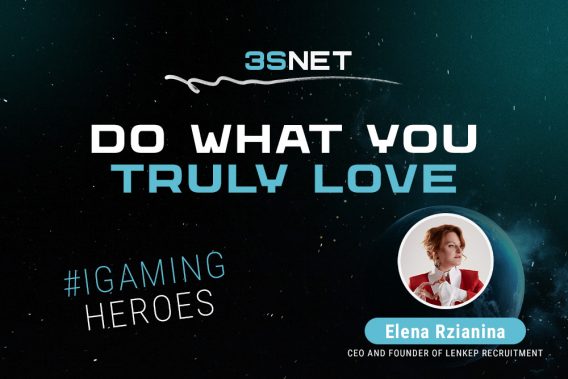
Publication date: 26 Oct 2020
Since the pandemic began, content in social media and the audience’s attitude towards it have changed significantly.
2020 main social media trends
- The pandemic and self-isolation have caused a boom in short videos many TikTok clones, a huge number of super apps, and various video conferencing platforms have appeared.
- People began to show less of perfectly filtered and polished life and started talking about their problems. It was a shift towards “raw” but sincere and true-life content.
Social media became really social The most important change 2020 has brought is that social media have started serving the purpose they were designed for — communication. People have united, priority is now given to common rather than personal interests. Users around the world, for example, say that they are concerned about the global pandemic situation twice as much as about the situation in their countries. Users need useful and soothing content The pandemic has changed not only the content itself but also the attitude of users towards it. First, users don’t need useless information anymore — their interest has shifted towards something of practical value. If earlier companies and brands could simply post beautiful pictures, now they have to share relevant content. Social media are now filled with information about free offers, bonuses, various tips and tricks. A recent research of Pinterest showed that in 2020, people most often were searching for calming and mental-health-related pictures and photos. The second most popular query was home improvement ideas. The current trend in visual content is to calm people down rather than excite them.
Who are baby boomers, zoomers, and millennials? What do they want from social media?
Baby boomers, zoomers, and millennials are terms from the generational theory introduced by an American writer William Strauss and a popularizer of science Neil Howe. The main idea of the theory is that four generational archetypes follow one another in a recurring cycle. First, there is an upsurge driven by social institutions (baby boomers), then individualism (generation X), then a decline in social institutions (generation Y), and finally a crisis (generation Z).
- Baby boomers are people born from 1940 to 1959 (sometimes 1946-1964), during the post–World War II baby boom. This audience is conservative, tends to follow rules, shows little interest in gadgets and social media. Baby boomers often join communities devoted to their place of residence.
- Millennials (generation Y) are people born from 1980 to 1996. PCs and other gadgets entered their lives only in adolescence turning them into people who are really curious about new technologies. They are interested in many, quite often polar, things: healthy lifestyle and adherence to bad habits, the desire to learn and a tendency to degradation. Generation Y dreams about success and easily spends money on entertainment. During the pandemic, millenials are deeply concerned about the economic situation. Public pages with news about economic recovery, information about reopenings of favorite brands, and tips for finding a new job are popular among them. Many of the millennials have started doing something new in their life, including games, sports, and education.
- Zoomers (generation Z) are people born from late 1990s to 2010. They are digital natives, meaning the internet and social media have always been present in their lives. The internet is the main source of information and entertainment for zoomers, they are open to everything new, ready to defend their opinion and violate traditional social norms. They are interested in environmental protection, tolerance, fight against any discrimination, and effective learning techniques. In 2020, zoomers were searching for music, fashion-, travel-, food & drinks-related content, and films. Generation Z chooses inclusive and tolerant content in both advertising and standalone posts.
One thing is worth mentioning about healthcare-related content. Generation Z and millennials often look for medical advice on social media. Youtube and Twitter are the most popular platforms in this regard.
Share it with your friends via favorite social media


























